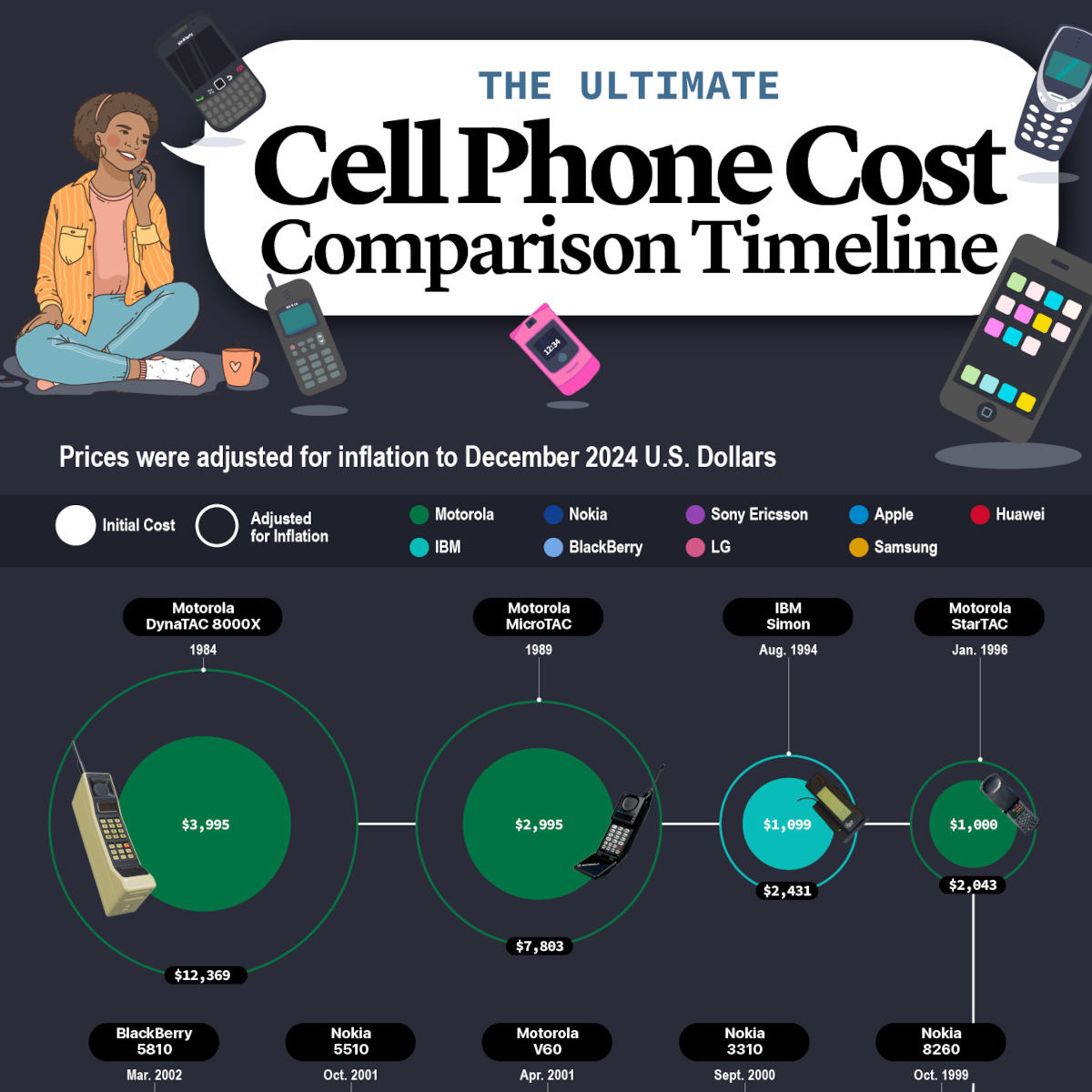How secure is VoIP vs. landline?

As the internet expands its reach into everyday life, privacy concerns have grown along with it. The power of the internet to connect us is also its biggest vulnerability. That’s true with all internet-enabled devices, including VoIP phones. So how secure is VoIP? It depends on the provider. In this post, we compare VoIP vs. landline security, noting the concerns with each. We also share what to look for in a VoIP provider to ensure your calls are as secure as possible.
VoIP vs. landline security
There’s no such thing as an impenetrable online network. Just ask the US government. At the end of 2020, it confirmed that the National Nuclear Security Administration had suffered a significant data breach. Both VoIP and landlines are vulnerable to security breaches in their own ways. Here’s what to consider and how to mitigate risks.
Landline phone security issues
Traditional phone technology works by converting your voice data into electrical signals, sending them through a nationwide (or worldwide) network of interconnected telephone lines. When these signals reach the person you’re calling, the recipient’s phone converts the electrical signals back into voice data. This system has three potential vulnerabilities.
1. Wiretapping
Once your phone has converted your voice data into electrical signals, anyone with access to the physical phone lines can use a wiretapping device to listen in to your calls. A wiretap simply converts those electrical signals back into voice data mid-stream, allowing the user to listen in to your phone conversation.
2. Analog cordless phones
Cordless home phones are convenient. After all, who wants to be tethered to their kitchen counter or living room end table? However, if you have an analog cordless phone, your phone calls can potentially be intercepted by anyone with a simple radio scanner. These devices are readily available on Amazon for under $100. If you’re still using old equipment, treat yourself to a digital cordless phone. These newer digital cordless phones are still hackable but require advanced equipment to do so.
3. Government surveillance
With the proper warrant in place, government entities can tap landline phone conversations at any time. Through large-scale surveillance efforts, the NSA has collected data on untold billions of domestic calls over the past two decades. However, indications are that the program that facilitated the bulk collection of phone data is no longer operational due to legal and logistical headaches.
VoIP phone security
VoIP technology works by converting your voice data into tiny packets of digital information and transmits it through your home internet connection. Is VoIP secure? The answer to that question depends on the security protocols your provider has in place.
1. Internet-based hacking
Any data transmitted online is subject to hacking. If your VoIP provider doesn’t have robust security measures in place, your phone conversations may be more vulnerable to hackers.
2. Government surveillance
VoIP providers are subject to the same legal regulations as landline phone providers when granting law enforcement access to phone conversations. These regulations enable law enforcement to conduct electronic surveillance once the proper warrants have been obtained. The risk is equal compared to a landline phone.
VoIP integrated security features
To secure VoIP calls, some providers have incorporated security features like end-to-end encryption of voice data. The encryption technology used by Ooma is the same that governments use to protect classified information. With VoIP calls, encryption of the entire call requires that the other user also is on the network. This results in an incredibly secure phone connection.
Read Which VoIP Service Lets You Keep Your Landline Phone Number? to learn how to port your landline number to your new VoIP service!
What to look for in a VoIP service to address security concerns
While not all providers offer the same level of call security, it’s simple to find out how secure a VoIP system is. Here’s what to look for when vetting VoIP service providers.
Reputation
Over time, certain VoIP providers have developed a reputation for providing reliable, secure home phone service. Take the time to read online reviews written by the current users of each service you’re considering. Customer reviews provide an unvarnished view of customer happiness.
SRTP encryption
Secure Real-time Transport Protocol (SRTP) encryption technology is highly secure — so secure that governments routinely use it to protect classified information. Look for a provider that uses SRTP encryption to protect phone data within its network.
High voice quality with encryption
Some VoIP encryption technologies can interfere with call quality. Ooma’s HD Voice technology provides twice the amount of acoustic data as a traditional landline phone connection, even with Ooma’s end-to-end SRTP encryption technology.
Two-factor authentication
Using just a username and password to log in to an online account is less secure than two-factor authentication. If you’ve ever tried accessing one of your online accounts and been prompted to answer a unique question or had a text with a security code sent to your mobile phone, you’ve encountered two-factor authentication. This extra layer of security helps prevent unauthorized access to your account information.
Read How does VoIP connect to a landline to see how the two technologies connect for seamless service!
How secure is VoIP? Your provider holds the answer.
When comparing VoIP vs. landline security, the more secure choice depends on a variety of factors. A provider committed to maintaining stringent security protocols greatly reduces the chances of someone eavesdropping on your phone conversations.



